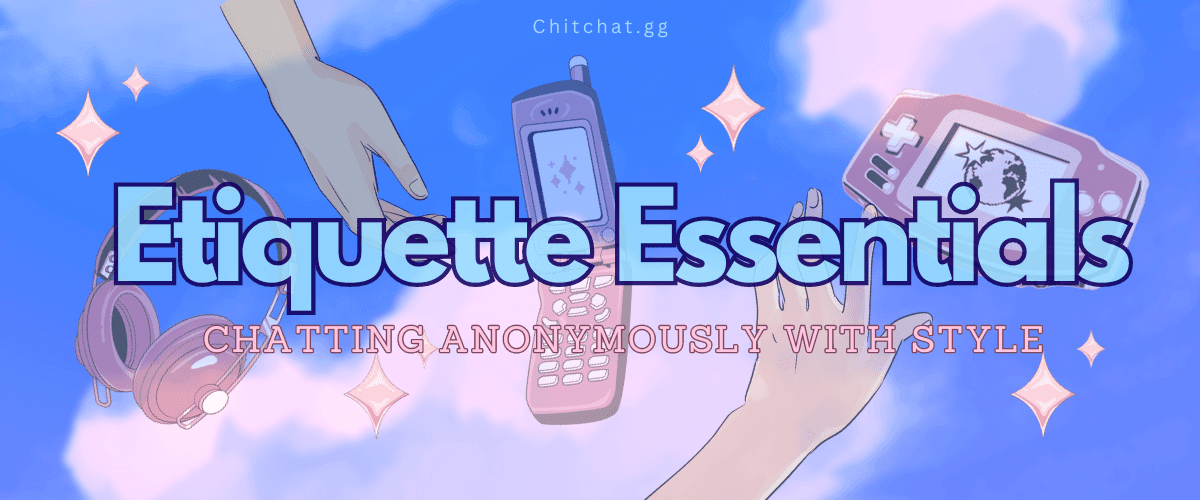
How To Give Constructive Criticism Kindly
- Talina
- Tips & Guides
- 25 Apr, 2024
The Art of Kind Criticism
Let’s be honest, no one jumps for joy when they hear the words “I need to give you some feedback.” Criticism has a bad reputation - it’s often seen as a way to tear someone down, a verbal wrecking ball aimed at our efforts. Ouch.
But here’s the thing: constructive criticism is like a power tool for improvement. Used correctly, it can help people grow, learn, and polish their skills. They key is in the delivery - being kind makes all the difference.
Why Bother With Kindness?
Imagine someone slams your work with zero consideration for your feelings. Are you going to be open to their advice? Probably not. You’ll likely shut down, get defensive, maybe even resent their person a little (or a lot). Kindness takes the sting out of criticism. It shows respect and reminds the other person that you’re not out to get them, you want them to succeed!
The Constructive Criticism Sandwich (with Extra Kindness Filling)
1. The Top Bun: Start with the Positive
Before diving into what needs improvement, find something good to say! This isn’t about fluffing someone’s ego, it’s about acknowledging their strengths and setting a positive tone.
Example: “Sarah, I really appreciate the effort you put into this presentation. The visuals are eye-catching.”
2. The Meat: Deliver the Critique
Time for the heart of the matter. Be specific and frame things with “I” statements to keep the focus on the work itself:
Example: “I feel some of the transitions between the slides are a bit abrupt. It might help the flow if…”
3. The Bottom Bun: End on an Uplifting Note
Round out your feedback with encouragement or offer solutions. Let them know you believe in their ability to improve.
Example: “I’m confident that with a few tweaks, this presentation will be amazing!”
Extra Things to Sprinkle on Top
Timing is Key: Don’t ambush someone with criticism when they’re stressed or in front of others. Find a calm moment for a private chat.
It’s About Them, Not You: Avoid comparisons (”Well, I would have…”). Help them improve based on their own work.
Offer to Help: If possible, offer your expertise or resources to support them as they work on the areas you discussed.
Remember: It’s a Learning Curve
Giving constructive criticism effectively is a skill. Don’t get discouraged if your first few attempts aren’t perfect. With practice and genuine desire to help, you’ll get better at it. You might even be surprised to find people asking for your feedback!





